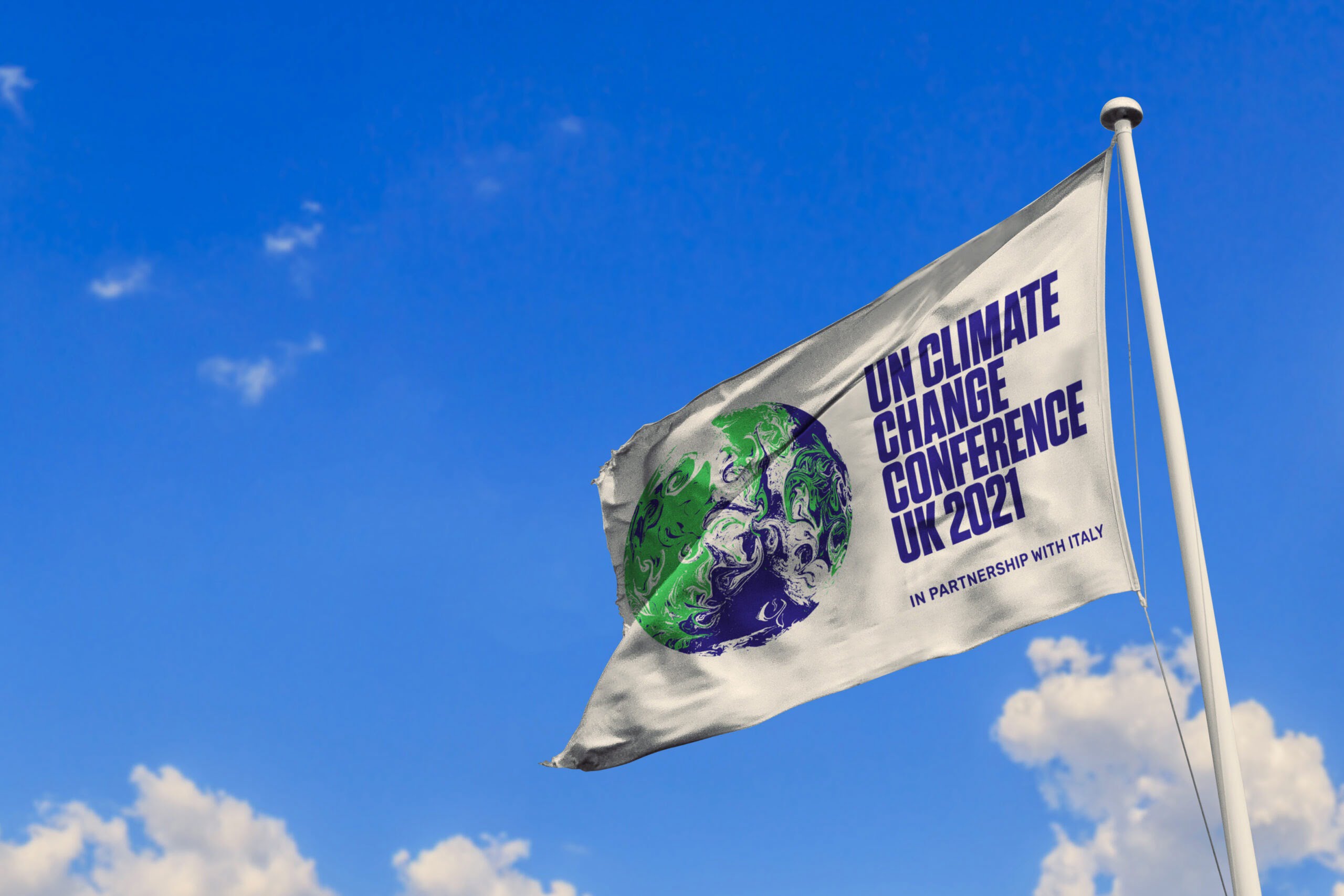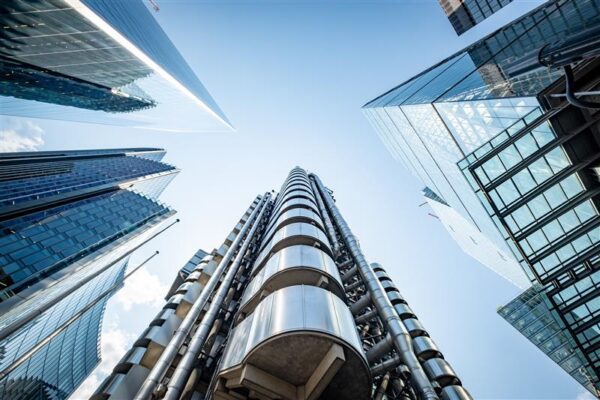
November 2021 hosts one of the most important events across the globe, known as COP26. But what is COP26?
COP26 hosts the 2021 United Nations Climate Change Conference (UNFCCC), otherwise known as ‘Conference of the Parties’ or COPs, in Glasgow. This year marks the 26th annual summit, coining the event’s name ‘COP26’.
The summit will take place from 1st – 12th of November with around 30,000 attendees expected – many of whom are seeing this as the most significant climate event since the 2015 Paris Agreement. This year’s event is critical as it’s when countries from all around the world will set out more ambitious climate goals, to support the journey to net-zero carbon emissions.
Why is COP26 important?
Climate change is the biggest threat facing our world today. The Intergovernmental Panel on Climate Change’s (IPCC) Working Group 1, recently published a new report, detailing that the global temperature has increased and surpassed 1.1oC from pre-industrial times and that it is more than likely to reach 1.5 oC by 2040. The IPCC advised that without deep and immediate cuts to carbon emissions, the world’s temperature is likely to exceed 3 oC within the century.
Achieving a reduction in carbon emissions globally is vital in keeping aligned with the Paris Agreement’s goal of 1.5 oC. Many countries were requested to submit updated pledges, known as Nationally Determined Contributions (NDC’s) ahead of COP26. The UNFCC created a report which assessed whether enough progress had been made on increasing the ambition of the NDC’s.
The UK’s NDC committed to reducing economy-wide Greenhouse Gas (GHG) emissions by at least 69% by 2030 compared to 1990 levels. COP26 is the next large event where countries must set out their contribution to ending climate change.
What will happen at COP26?
Throughout the event, each day will have a dedicated focus. From finance, energy, youth and public empowerment and nature during the first week to adaptation, loss and damage, gender, science and innovation, transport and cities, regions and built environment during the second week.
If you’d like to get involved, there are several ways you can do so. Members of the public can attend by registering as a representative of an observer organisation. There is also volunteering opportunities as well as tickets available for the ‘Green Zone’ which will be free of charge. You can read more about how to get involved here.
Within the conference itself, you can find delegates such as politicians, diplomates and campaigners who will hold both formal and informal discussions. Other contributors can include businesses and civil organisations such as charities who will observe the COP process.
Discussions are likely to focus on whether the commitments made by countries around the world will be enough to put a stop to the global temperature rising. You can also expect negotiators to discuss plans to provide climate finance to those countries who are the most impacted by the climate crisis.
What can your business do to help?
Most businesses are working towards their own net-zero strategies, to reduce carbon emissions within their processes as well as their supply chain. Review and analyse your own net-zero strategy and reset your targets to help contribute to a reduction in carbon emissions.
COP26 may also form the outline for where new policy and regulation may be introduced over the coming years. Ensure your business is well equipped to respond to those changes by keeping track of the conversation as it happens.
Follow along with Inspired’s COP26 coverage, including live Q&As on our social media, articles, and coverage of COP26 here.










